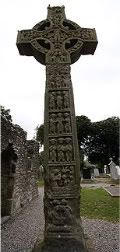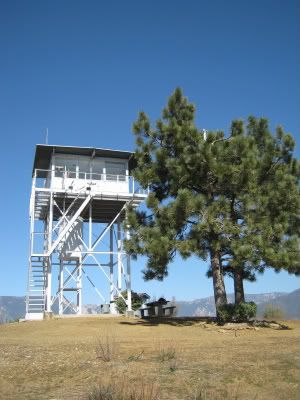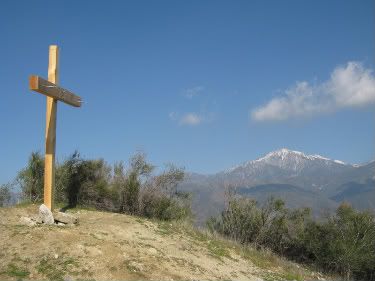I was very happy to read the response of Timothy Tennant, president of the seminary I spent two years at, to the Bell controversy. In case someone is unaware, Rob Bell is a pastor, very popular among "emerging church" types, who recently wrote a book, Love Wins, endorsing the heresy of Universalism. Below are my favorite paragraphs from Dr. Tennant's response but you can read the whole thing at his blog: timothytennant.com. Here's the quote:
First, Rob profoundly misunderstands the Biblical notion of God’s “love.” The entire premise of the book is to declare that God’s essence is “love” (which Bell states repeatedly). However, Bell never actually describes the biblical and theological relationship between God’s joyful engagement with the human race and God’s justice upon which the very gospel he celebrates is declared. Bell sentimentalizes God’s love throughout his book, making it almost equivalent to God being nice and reasonable to modern sensibilities. I suspect that Bell has underestimated how shockingly tepid and sentimental our understanding of biblical love has become. If he had inserted the phrase “God’s holy-love” for every place he has used “God’s love” he would have gained more biblical traction, but, in the process, much of his own argumentation would have become unraveled. Bell’s argument actually requires a logical separation between God’s love and God’s justice which is quite untenable in biblical theology.Second, Bell has an inadequate understanding of Sin – not the little ‘s’ kind, but the big “S” kind. In other words, Bell understands that we all sin, but he doesn’t seem to comprehend that we, as a race, are part of a vast rebellion against God’s holiness. Without Christ we, as a race, stand under condemnation and desperately need a divine rescue. Sin doesn’t just impede our progress and slow down our autonomous capacity to receive God’s love. We are spiritually dead apart from God’s prior action. Both Reformed and Arminian Christians affirm the cosmic consequences of the Fall of man. We are not Pelagian. Bell’s solution takes humanity out of the dock and puts God in the dock. After reading Bell’s book one gets the feeling that Bell has put God on trial. It is God who now has to justify why he would be so cruel as to sentence a sinner to eternal separation from his presence, especially given the “few short years” we have had to commit sins. An eternal punishment for temporal sins is just too much for Bell to bear and so God had better provide an explanation – a good one. The unfathomable love of the Triune God which resulted in a sending Father, a crucified and risen Son and the empowering presence of the Holy Spirit who ushers in the glorious realities of the New Creation into the present age is lost in Bell’s description of a “Son” who protects us from an angry “God.”- Dr. Timothy C. Tennant, president of Asbury Theological Seminary














